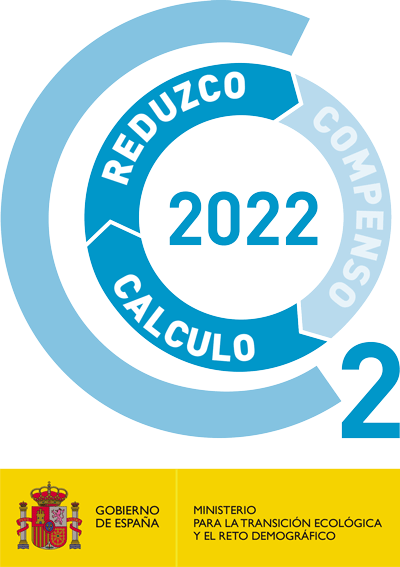As of 1 July 2025, a major change is arriving for property owners in Spain. The Single Rental Registry becomes mandatory for all individuals or companies renting out residential units on a temporary rental basis. The initiative seeks to bring structure and legal clarity to the expanding market of properties offered for short stays. It also ensures that online listings comply with local and national regulations, protecting both property owners and tenants alike.
Why Has the Single Rental Registry Been Introduced?
The rise of holiday rentals across Spain, particularly in tourist heavy cities and coastal areas, and the Balearic and Canary Islands, has outpaced traditional regulation. Many residences are listed on platforms without the proper paperwork, licenses, or tax declarations.
This registry allows authorities to:
- Track which properties are being rented out and under what terms
- Identify non compliant listings
- Prevent fraud, illegal subletting, and tax evasion
- Better manage housing supply in saturated regions
Ultimately, the registry empowers public administrations to make better informed decisions regarding housing policy and urban development.
Who Needs to Register in Spain’s Single Rental Registry?
All individuals or entities providing temporary or holiday accommodation.
The new requirement applies to all landlords, regardless of whether they are private individuals or part of a larger rental business.
Specifically, you must register if:
- You rent out entire flats (not permitted in Ibiza) or houses for short periods
- You rent individual rooms within a property
- You provide temporary housing (not primary residences) on any platform, including Airbnb, Booking, Vrbo and others
Even occasional rentals fall under the scope of this law. If you advertise a property for short stays, you must be registered.
What Happens If You Do Not Register?
Failure to register means:
- Your property cannot be legally advertised on rental platforms
- Your listing may be suspended or removed by the platfor
- You could face administrative sanctions, including fine
- You may be flagged for tax investigations or face legal action
The goal is not to punish honest landlords, but to create a fair and level playing field.
How to Register Your Property
The process has been designed to be accessible and user friendly.
Property owners may choose between two methods:
- Online Registration
- Visit the Electronic Office of the College of Registrars
- Log in using a recognised digital certificate
- Complete and submit the online form
- Upload any required documents
- In-Person Registration
- Locate the Property Registry office that corresponds to your property’s geographical location
- Present your documents physically
- Complete the application with the assistance of a registrar
Once validated, you will receive an identification code that must be included in all listings and advertisements.
What Information and Documents Are Required?
- Full address of the property
- Cadastral reference number (from the land registry)
- Identity information of the owner or legal representative
- Clarification on whether the rental applies to the entire property or specific rooms
- The maximum number of occupants allowed
- Proof of relevant municipal licenses, where applicable
- In some cases, documentation regarding community regulations or tourism authorisations may be required
These records ensure that your property meets local safety, zoning and tourism criteria.
Why This Registry Matters for Property Owners
While it might feel like an additional administrative burden, the registry comes with clear advantages:
- Legitimises your rental business and protects it from sanctions
- Ensures your listings stay visible on the largest platforms
- Demonstrates transparency and builds trust with tenants
- Reduces unfair competition from unregistered or non compliant landlords
- Helps avoid legal disputes by clearly defining usage terms
For professional landlords, it is also a tool to consolidate their portfolios and maintain accurate records.
Avoid Hassle by Taking Early Action
The implementation of the Single Rental Registry is not simply administrative, it is a cultural shift in how Spain manages its seasonal rental sector. The earlier you begin the registration process, the smoother the transition will be. Delays in compliance could result in missed income opportunities and potential penalties.
Make sure your property is listed legally and securely.




